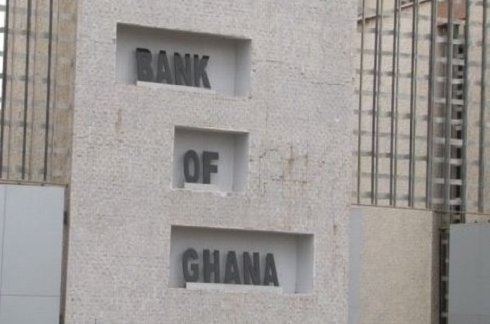The bank cited decline in prices, good growth prospects and a downward migration of money market interest rates, albeit slow growth in private sector credit, for the drop.
The regulator in January this year maintained the rate at 20 per cent, citing the need to keep inflation within target.
Inflation trending towards target
Dr Addison told the media in Accra yesterday that the disinflation process had continued to firm up over the first two months of the year, with significant moderation in price pressures, adding that “both headline and core inflation broadly trended down, alongside easing inflation expectations, an indication that the disinflation process remains well-anchored”.
“Our latest forecast suggests that the medium-term inflation target of 8±2 per cent is within the forecast horizon and we are on course to meeting the inflation target band,” he added.
The bank’s main measure of core inflation, which excludes energy and utility, declined from 12.6 per cent in December 2017 to 11.3 per cent in February 2018.
Also, the weighted inflation expectations by businesses, consumers and the financial sector derived from the bank’s surveys continued to decline, indicating that inflation expectations remain well anchored towards the medium-term target of 8±2 per cent.
Ghana’s exports improve
The governor disclosed that the prices of Ghana’s main primary exports on the international commodity market had rebounded over the first two months of 2018. “Crude oil prices have gained the most since the fourth quarter of 2017, reaching US$69.1 per barrel in January 2018, but have since moderated on the back of increased production and rising US shale output,” he added.
Gold prices had also performed better, largely driven by a weak US dollar and steady purchase and holdings of gold by central banks, Dr Addison stated.
Growth prospects high
Growth prospects for 2018 remain positive and are expected to be supported by crude oil production, gradual recovery in the non-oil sector, and favourable business and consumer sentiments.
BoG’s latest Ghana Composite Index of Economic Activity (CIEA) showed some improvements. The bank’s confidence surveys, conducted in February this year, indicated positive sentiments on growth prospects, realisation of business expectations and general improvements in the economy.
This is in spite of moderated credit to the private sector due to high Non-Performing Loans (NPLs), tighter credit conditions and corrections in the balance sheets of the banking sector.











 (Selorm) |
(Selorm) |  (Nana Kwesi)
(Nana Kwesi)